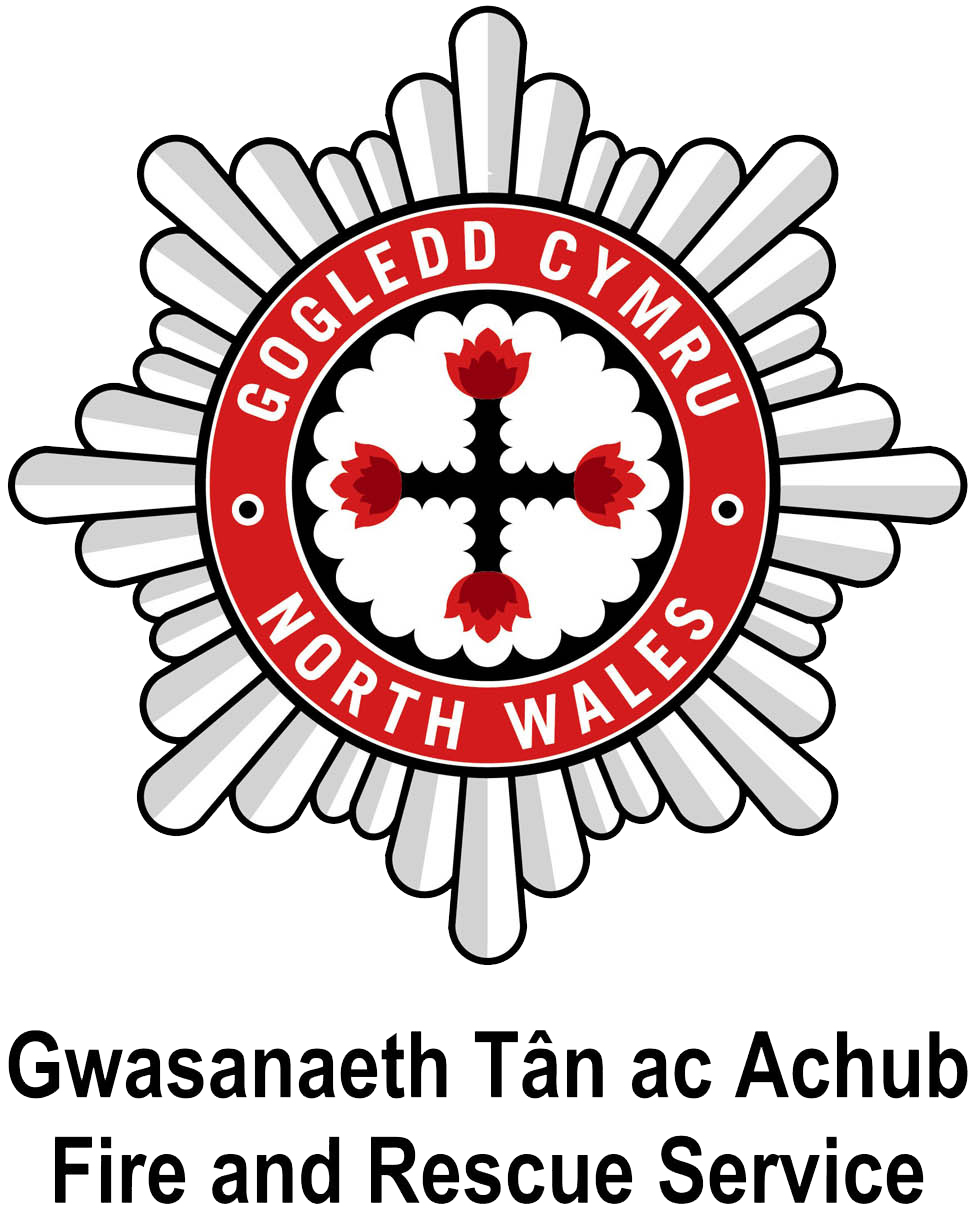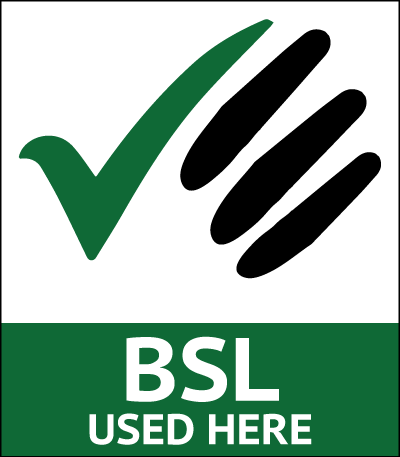Your Fire and Rescue Service - Right Place, Right Time, Right Skills
North Wales Fire and Rescue Authority is running a public consultation to gather feedback from those who live, work and travel in the region about the future of how we provide our emergency cover services in North Wales.

View a PDF of the full consultation document here.
Emergency cover is the way we manage our resources to keep people safe - no matter where you live or who you are, we aim to be there for you when you need us.
To help us develop our future options, we have been working with our staff and representative bodies, members of the public, council representatives, local vulnerable groups and members of our Fire and Rescue Authority to understand what really matters should you, or someone you care for or represent, require our services in an emergency.
All the pre-consultation feedback has been used to develop our options for the future of emergency cover services across North Wales - we want to know what you think.
We want to provide the fairest possible service to the public of North Wales.
No matter where you live or who you are, we aim to be there for you when you need us.
You can access a PDF of the full consultation document in PDF here.
This means being able to provide an equitable service across our diverse communities – diverse in terms of location and geography, in terms of the types of incidents we respond to, and also in terms of the people we serve - whatever your ethnicity, gender or sexual orientation and regardless of any disability.
We aim to achieve this by managing our resources, our budget and our people as effectively as possible.
Understanding your views and the views of all those who live, work and travel in our region is key to this.
Balancing this against the current challenges to providing our services is also key – especially when our part time or on-call firefighters are not as available as they have been traditionally, when the risks faced by our communities are changing with climate change and when the financial challenges are greater than ever.
And it’s not just about responding to incidents – preventing them from happening in the first place is far better for everyone involved.
Not only does our prevention work help to keep you safe but it also means we can better manage how we operate – and importantly, for some communities such as those in more rural areas, it is a vital part of protecting our residents.
How we currently operate
North Wales Fire and Rescue Authority was created in 1996 however, the model of emergency cover and the locations and crewing arrangements of our 44 fire stations have remained relatively unchanged since the post war era.
North Wales as a region has continued to evolve and so have the risks faced by the public. In 2008 in addition to being a responding service, we positioned ourselves as a preventative service. Since then we have worked hard to bring down the number of fires and resulting deaths and injuries.
Importantly, 2022 was a milestone year for us - for the first time since we have kept records, there were zero deaths due to accidental fires in dwellings in North Wales.
This is great news, but we must not become complacent. We need to work harder still to maintain this level of safety.
The challenges ahead
In the meantime, other risks have emerged with climate change increasing the frequency and severity of wildfires and flooding.
Advances in technology such as solar panels and electric vehicles as well as modern methods of construction and new building materials pose new risks to the public and to firefighters.
Having started to support other emergency sector colleagues we have seen an increase in what we know as special service calls.
As a result, we are becoming more of a Rescue Service than a Fire and Rescue Service. To do all this we would need to be in the right place.
Where does our money come from?
We are committed to delivering value for money across all the services we provide with funding levied from the six local authorities in North Wales.
Our Fire and Rescue Authority is made up of representatives of the local authorities and has the power to raise a Council Tax levy for funding.
Each year, each constituent local authority pays a contribution into a combined fire service fund which is equal to its proportion of our Fire Authority’s expenses.
Our current budget for 2023/24 is £44.4 million - which equates to £63.07 a year per head of population in North Wales, or £150.66 a year per household.
 What are our current shift patterns?
What are our current shift patterns?
• Our retained duty or on-call (part-time) firefighters are mainly based in rural fire stations located across our region. They are required to be within five minutes of their fire station and carry an alerter to be able to respond to emergencies as well as attend drill nights once a week for training sessions and other pre-arranged duties.
• Our day crewed firefighters are full-time firefighters located at Colwyn Bay, Llandudno, Bangor, Caernarfon and Holyhead. The day crewing shift system requires our crews to work a combination of hours on station during the day and on-call from a base location overnight, to provide a 24-hour response. There are also on-call firefighters based at these fire stations.
• Our Wholetime or full-time firefighters are located at Wrexham, Deeside and Rhyl. Crews at these stations work shifts from the station at night and during the day to provide a 24-hour response. There are also on-call firefighters based at these fire stations.
• Wholetime rural firefighters also work full-time and work 12-hour day shifts covering the region on a dynamic basis depending on need.
Developing our options for the future
We have been working together to develop the best way of providing our emergency cover in the future, ensuring we can be in the right place, at the right time, with the right skills.
Based on our modelling work and on our own professional experience, we have explored a variety of different scenarios and through a series of pre-consultation stakeholder activities we have looked at exactly what was important to consider in improving our emergency cover services.
Our options for the future were developed on the basis of the following criteria:
• Emergency cover - how our fire appliances respond to emergency calls.
• Protection and prevention services - how we keep your homes and businesses safe.
• Affordability - keeping our services as affordable as possible, providing best value for money.
• Workforce - impact of changes on our teams.
• Fair and equitable service - having our staff at the right place, at the right time and with the right skills.
• Social value - recognising the impact of any changes we make on our communities.
Key themes arising from this engagement included:
- Finance – Understanding the budgetary pressures. Is the review of emergency cover financially driven?
- Future risks – Climate change and new technology may place more demand on resources.
- Prevention and protection – how our engagement with the public and businesses are affected.
- Communication - Key to aid understanding of the challenges faced and impacts of any proposals.
You can also view our Equality Impact Assessment which confirms our commitment to equality, diversity and inclusion here.
How to respond
Your views are important to us and we would like to hear from you before we make any decisions about the future of our services.
We have extended our consultation deadline so you can now share your views with us up until midnight on Friday 30 September 2023 - you can find out more about how to take part here.
What happens next?
We have not made any decisions yet and we will remain open-minded about the solution until after all the feedback, evidence and information has been gathered and considered.
You can find out more about how to take part here.
After the consultation closes at midnight on Friday 30 September, North Wales Fire and Rescue Authority will consider the feedback, along with a wide range of other information and evidence, before deciding how to proceed.
The final decision-making meeting of the Fire and Rescue Authority will be recorded and made available on our website.
After the final decision has been made, any changes to our emergency cover would take place in a phased approach, as part of our 2024/28 Community Risk Management Plan.
You can access a PDF of the full consultation document here.
You can access an Easy Read PDF of the consultation document here.


